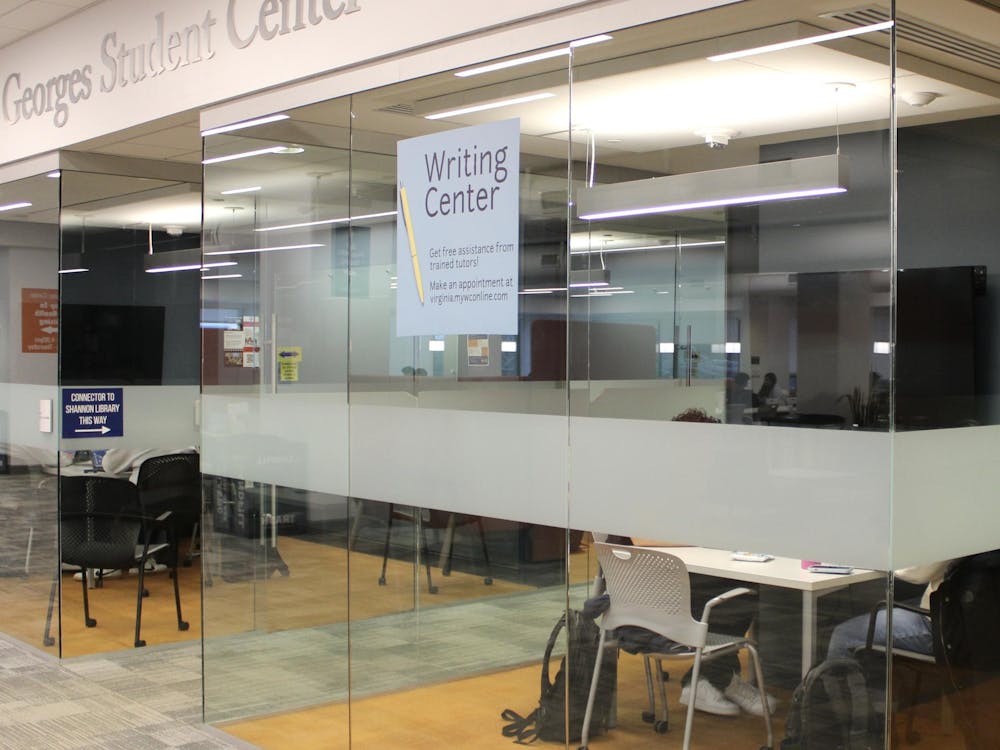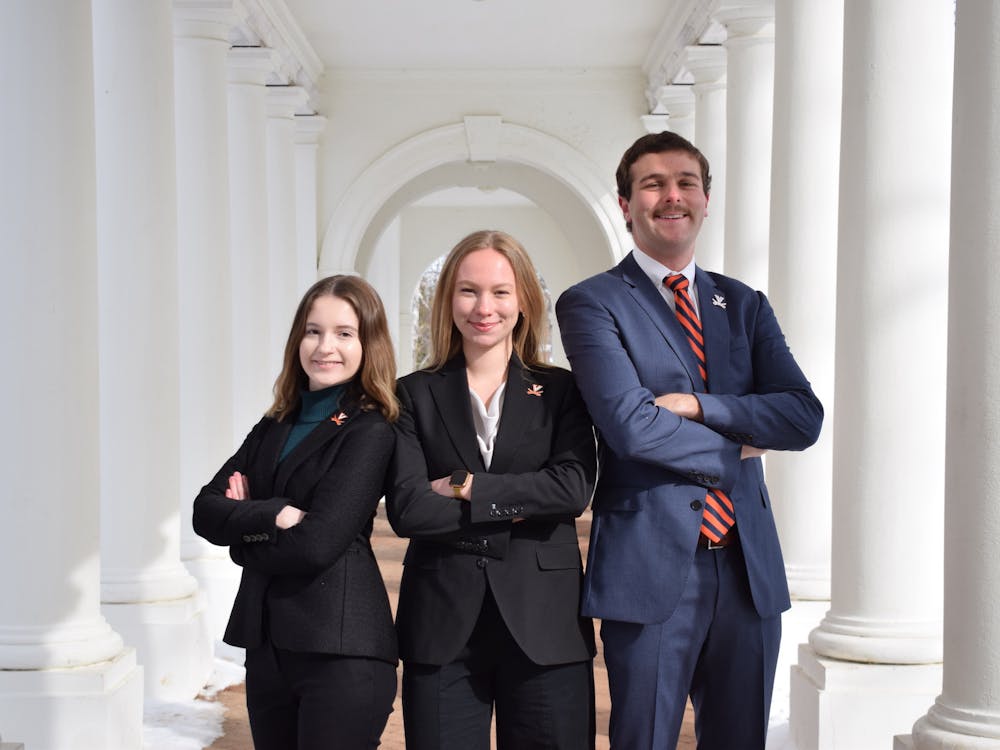The University maintained its spot as the No. 2 top public school in the 2012 U.S. News & World Report's rankings released yesterday. It also remained the 25th best national university, a spot it has never dropped below since U.S. News began these rankings in 1983.
The University was also ranked the 24th best value school. According to the data used by U.S. News, which comes from the Carnegie Classification of Institutions of Higher Education 2010, 28.2 percent of students at the University receive need-based grants, and the average discount from the total cost of attending the University is 53 percent.
The University also maintained its No. 5 spot among the best undergraduate business programs. This ranking was based entirely on a peer assessment survey conducted this spring, with the requirement that each undergraduate business program be accredited by the Association to Advance Collegiate Schools of Business, according to the U.S. News website.
The University of California, Los Angeles tied with the University in second place for top public school, but received a higher rating for economic diversity. U.S. News calculated UCLA's economic diversity as 37 percent and the University's as 11 percent. This statistic was calculated using the percentage of undergraduates receiving federal Pell Grants for low-income students, usually undergraduates whose families earn less than $20,000.
U.S. News ranks colleges using seven categories. These categories include peer assessment, graduation and retention rates, faculty resources, student selectivity, financial resources, alumni giving and graduate rate performance, and high school counselor undergraduate academic reputation ratings for national universities and national liberal arts colleges.
"The indicators include both input measures, which reflect the quality of students, faculty, and other resources used in education, and outcome measures, which capture the results of the education an individual receives," the U.S. News website says.
The University scored "high" in average freshman retention rate (97 percent), six-year graduation rate (93 percent), predicted graduation rate (88 percent), percentage of faculty who are full-time (98.2 percent), freshmen in top 10 percent of high school class (90 percent) and average alumni giving rate (22 percent). The University scored "medium" in classes with fewer than 20 students (51.9 percent), and "high" in classes with 50 or more students (16 percent).
University President Teresa A. Sullivan questioned the effectiveness of the indicators and the weight given to each of them in these rankings.
"The measure of how happy students are with their education is the percentage of alumni who give money," Sullivan said. "Now, as a social scientist, I will tell you that indicator doesn't have a whole lot to do with the variable it's trying to measure. But it's the best thing they've got."
The University received a rank of 60 for financial resources, compared to 29 at the University of North Carolina at Chapel Hill and 23 at UCLA.
Sullivan said public institutions tend to do less well in the category of resources per student because in "providing a high quality education," they spend less money overall than private institutions.\n"I once told [Commerce School] Dean [Carl] Zeithaml that he could raise his ranking by taking a bushel of money out on the Lawn and setting it on fire," Sullivan said. "Because U.S. News doesn't care how you spend the money; you can spend it foolishly ... you just have to spend it."
Sullivan believes this sets a "bad example" by suggesting it is more important to spend more money per student "without even looking at this issue of, 'Are we spending this money wisely?'"
Sullivan ultimately does not take rankings into account when making decisions for the University.
"I am not willing to drive this administration by looking at what U.S. News and World Report measures, and going out and doing more of that," she said.
Dean of Admissions Greg Roberts shared Sullivan's sentiments concerning the importance of the U.S. News college rankings.
"College selection should be based on many factors, but I don't think rankings such as this one can really tell a student what it's like to be a student at that school," he said.
Roberts said it is unfortunate some students pay close attention to rankings when deciding where to apply for college.
"Anecdotally the assumption is some families do use that as a barometer for where they're going to apply," he said. "There are plenty of outstanding schools that are not ranked and it's difficult to rank a school based on these measures."
Despite Roberts' doubt in the importance of the ranking, he recognized its value as a potential selling point for the University.
"It's nice to be in the top 25," he said. "The fact that we're mentioned as one of the top premiere schools in the U.S. can help us attract talented students"






